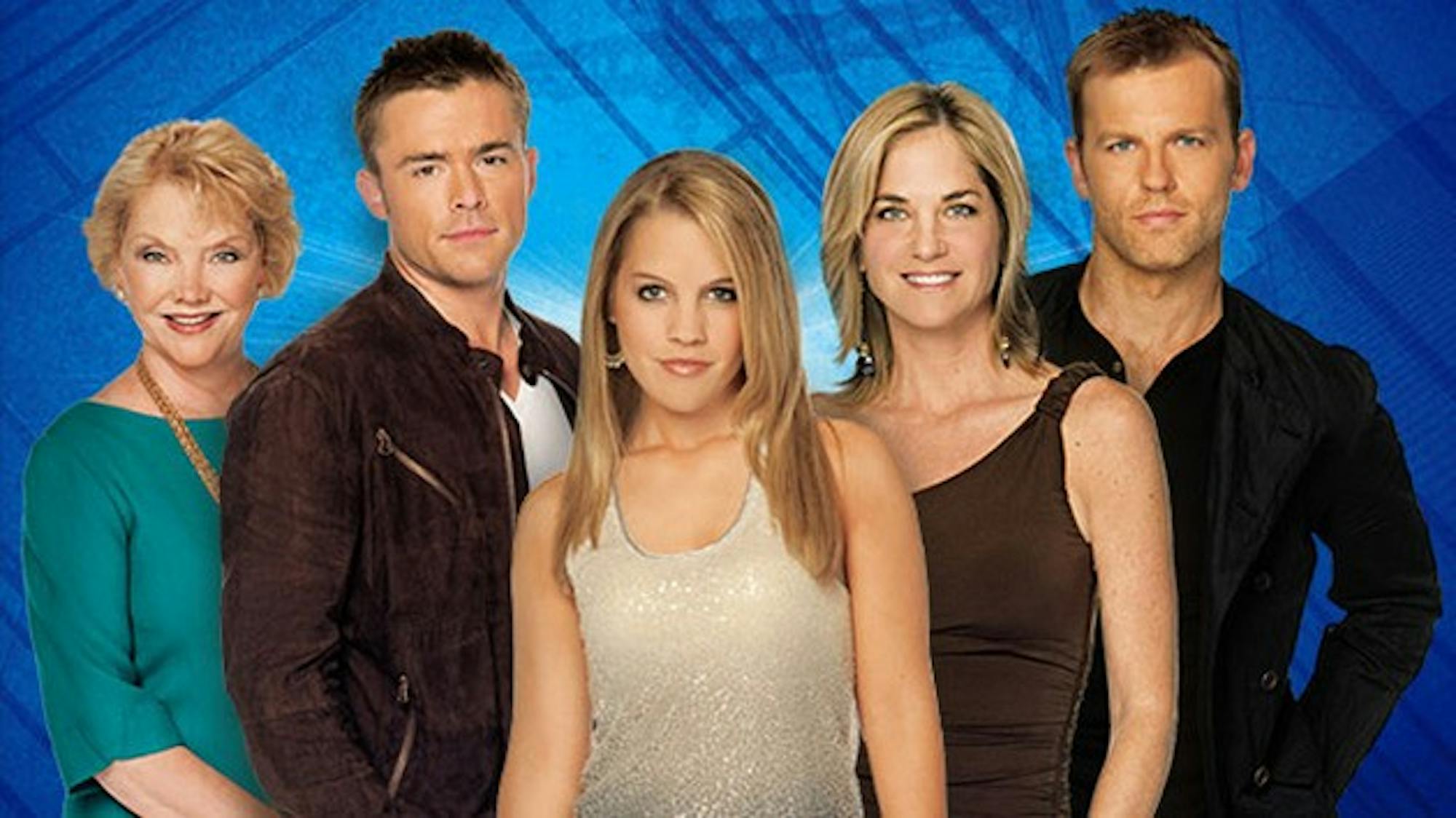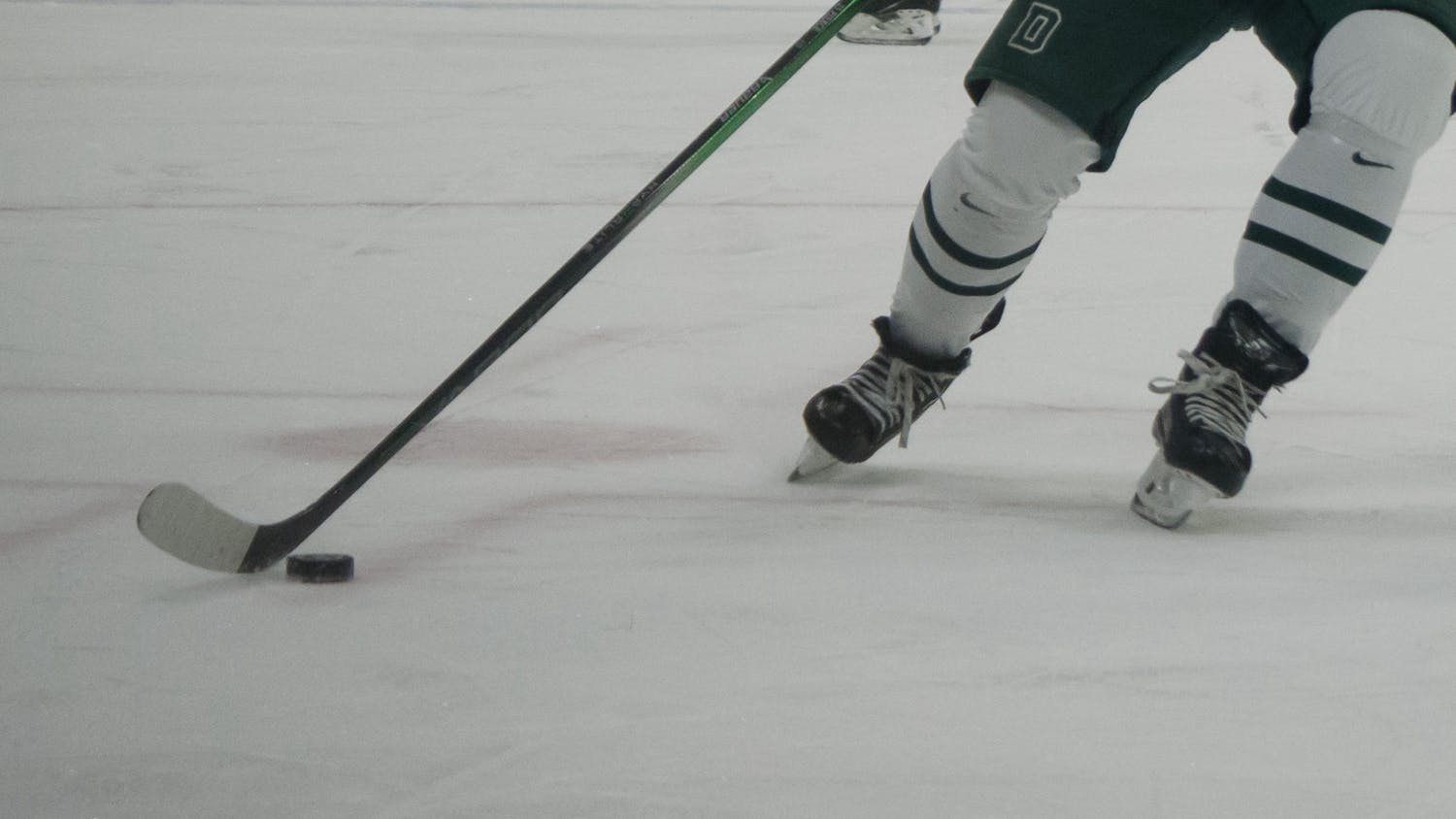Duckles is less than subtle about his personal distaste for the genre, mockingly applauding the "astonishing accomplishment" of the two long-running series. He then corrects himself, "Oh, wait, did I say astonishing accomplishment'? I meant, Nobody cares because those shows are terrible.' Woops." Harsh.
Too harsh, I think, even though I am far from a fan of the genre (I've seen just one soap episode from beginning to end and didn't feel the need to watch any more). But alas, the view of soap operas as the TV equivalent of a trashy romance novel is as widespread as it is reductive which is to say, very much so.
Many ignore the differences that make each soap unique, but the more important oversight is in viewing all daytime dramas as mere guilty pleasures, which overlooks the significant impact that soap opera conventions have had on primetime network television. Many scholars including, for instance, Ellen Seiter and Mary Jeanne Wilson cite soap operas as a source of several common elements of current primetime series, such as cliffhangers, multi-episode arcs, the presence of multiple plotlines and a sprawling cast of characters (oftentimes, as is the case in soap operas, members of an extended family).
Echoes of daytime soap opera innovations in primetime TV are perhaps most apparent in hour-long drama series, such as "Parenthood" and "Lost." To a somewhat lesser extent, sitcoms and procedurals have also borrowed structural elements from soaps. According to Seiter and Wilson, even reality TV can trace some of its elements to soapy roots, including a preoccupation with sex, to name just one. For as large a role as TV plays in many American's lives, many of us know surprisingly little about the history of the medium. Unaware of the historical value of the soap opera, it is easy to overlook the "good" of soap operas, as Duckles does in his post. Yet given the pervasive influence of daytime soaps on primetime television, I'm willing to bet that the majority of regular TV viewers, at one time or another, have enjoyed a series that incorporates an element with roots in daytime soaps.
I'm not trying to convince anyone that they should like soap operas as I said before, I don't particularly enjoy them. But I do think it's important to at least give credit where credit is due to the soaps, for laying the groundwork of the heavily serialized, complex dramas we get to enjoy on both cable and broadcast networks.




